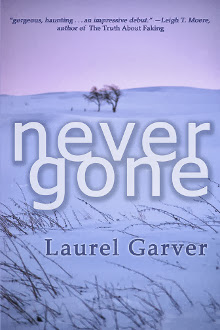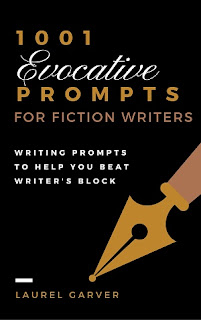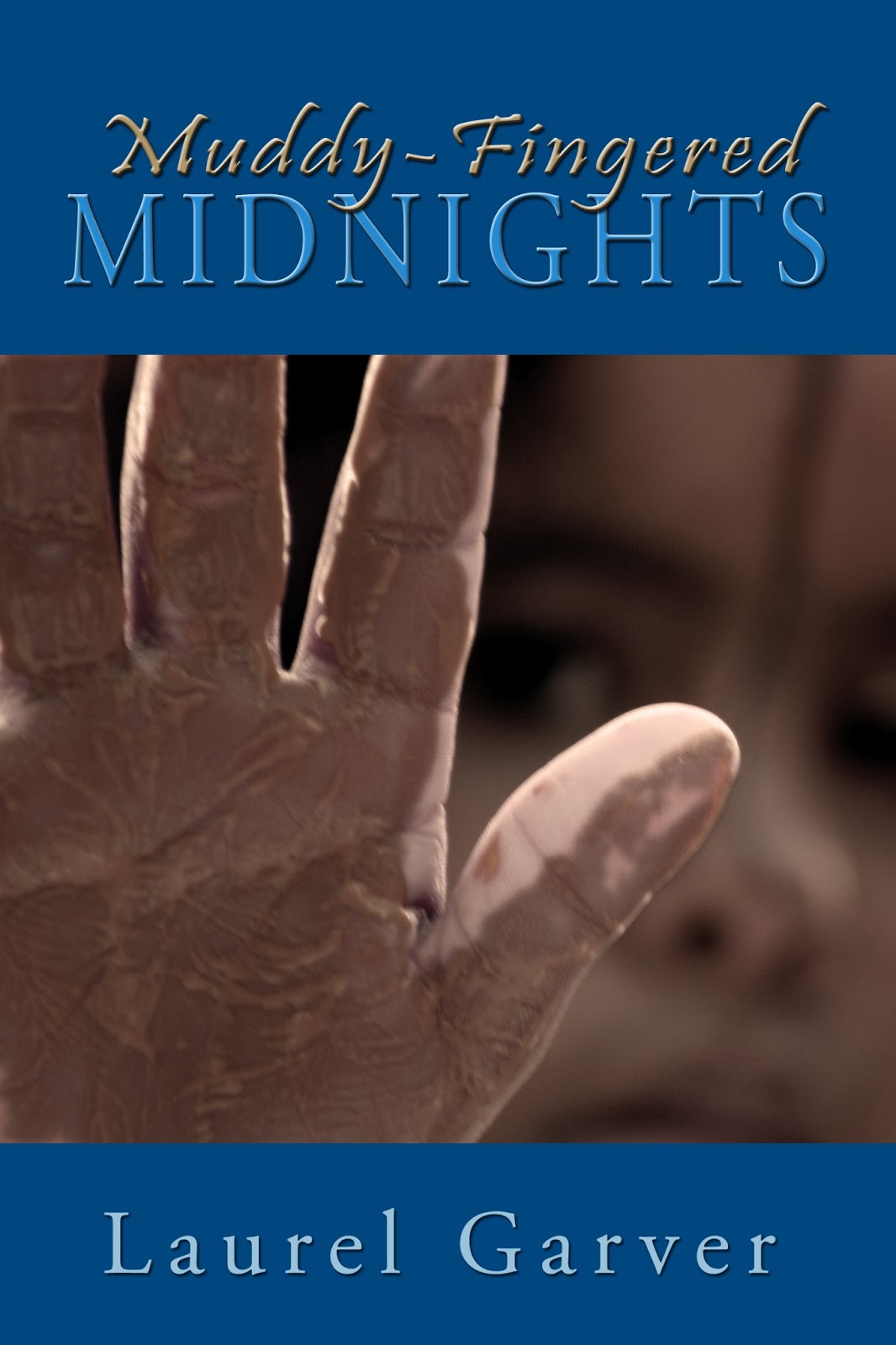 Creating characters can at times become a self-indulgent exercise in which a writer spends inordinate amounts of time determining lots of little details that never show up in the story, and actually have very little bearing on it, like their build, favorite color, or the teacher they hated most in seventh grade. It's not that details don't matter, but beware of falling down the rabbit hole of needing to know all your fictional characters better than your friends or family. Because this can be an excuse, like "research" can, of delaying the real writing process.
Creating characters can at times become a self-indulgent exercise in which a writer spends inordinate amounts of time determining lots of little details that never show up in the story, and actually have very little bearing on it, like their build, favorite color, or the teacher they hated most in seventh grade. It's not that details don't matter, but beware of falling down the rabbit hole of needing to know all your fictional characters better than your friends or family. Because this can be an excuse, like "research" can, of delaying the real writing process.So I humbly submit to you some key areas you DO really need to know, so that you can focus your character creation efforts on what will yield the most dividends.
1. Role
Will this person be the protagonist? One of the key narrators? The villain? A love interest? A sidekick? A lesser force of antagonism? A foil? A parallel figure? A supporting character? A tertiary figure to enhance the milieu? A functionary?
How detailed you need to be depends entirely on how important the figure is to the story. Sometimes when you're drafting you don't necessarily know whether a character you need for this scene will become more important later. That's okay. Just don't pressure yourself to make every figure fully fledged from the get-go. You might find that narrative tasks can be reassigned to a more essential character and this shopkeeper or random coworker can be eliminated. Those decisions will be loads easier to make if you didn't spend a week on Pinterest deciding how to furnish his apartment or fill her closet.
In THIS post, I discuss three levels of characters most novels need: primary, secondary, and tertiary.
2. Relationship to the protagonist
How much will your hero rub elbows with particular characters? Is their relationship positive, negative, mixed, neutral, or nonexistent?
Is the relationship hierarchical, equitable/intimate, or a mix? That will very much set the tone for how the character interacts, and what methods he or she uses to negotiate conflict with your hero. I discuss this idea more HERE.
3. Goals over the course of the story
Clearly your protagonist will have goals, but what about the other characters? If all they ever do is react to the hero, they will feel as mechanical as a motion-activated self-flushing toilet. Every character has to be pursuing some goal of their own, even the tertiary characters.
You'll have a very different scene when a store clerk's goal is to win Employee of the Month, versus take a smoke break ASAP, versus share their faith with every customer. Interacting with any of these three clerks could be useful for pacing, dropping in clues, or revealing something about your protagonist. (If they're not, maybe you don't need the scene at all.)
Primary and secondary characters especially need things to do and places to be when they aren't interacting with your hero. They need relationships, worries, plans of their own. This not only makes them more real, but also opens up great possibilities for plot complications. Obviously, you won't dramatize all these side-stories, but they should leave traces that appear in details your sprinkle in.
I talk more HERE about this "life outside the story"--and how to leave traces of it in your novel.
4. Relationship to conflict
Will this character act or withdraw when trouble comes? In other words, is their usual mode fight or flight in the face of danger?
And how about in relational conflict? If they are fighters, how does it come out? As aggression, as guilt-inducing martyr talk, as verbal abuse, as self-hatred, as gaslighting and manipulation? There are so very many ways to fight.
If they tend to flee, how do they do it? Literally run away? Downplay the problem and create false peace? Bury themselves in other activities? Throw up their hands in defeat? Become passive-aggressive, refusing to respond or do much of anything?
How characters behave in places of conflict will be key to how they function if your plot, helping or hindering the protagonist with goals on the micro and macro level. Yes, even the store clerk.
5. One key distinctive
Even tertiary characters need at least one thing about them that makes them distinct from others in the story. It could be a physical trait, like their stature, physique, or way of carrying themselves. It could be their manner of speaking in terms of volume, word choices, dialect. It could be some action that sets them apart: the super-strong granny, the puzzle whiz, the empath who mirrors others' emotions.
The key is to choose a variety of traits across your entire cast. It shouldn't be all physical, all dialect, or all superhero skills that differentiate your characters. A really solid cast will have a numerous types of roles and kinds of people that add to the setting and to the plot.
Notice some things you DON'T need to know about every character: their name, physical appearance, socio-economic status, wound, backstory, web of relationships, profession and professional knowledge, greatest fear, proudest moment, or taste in music, clothes, or cuisine. You might need these things for some of the characters, but not all.
Do you struggle more with overdoing characterization, or not having quite enough?











